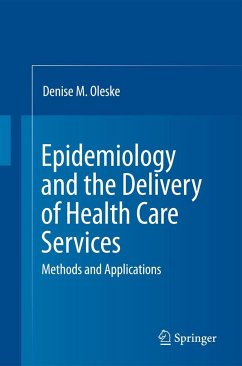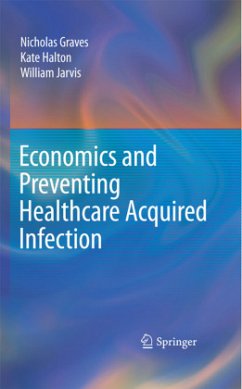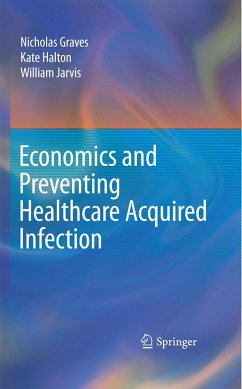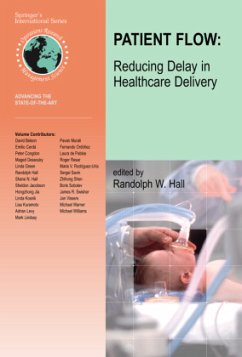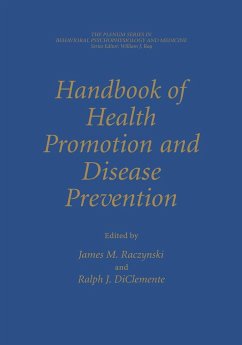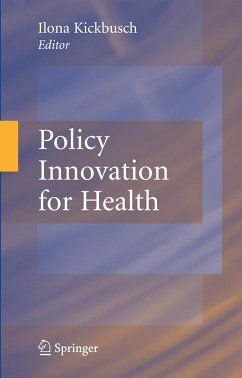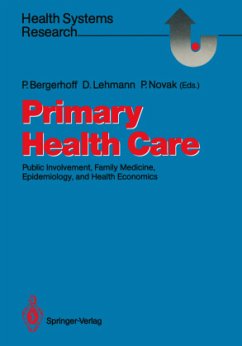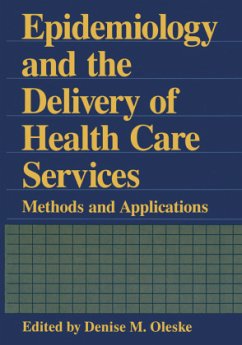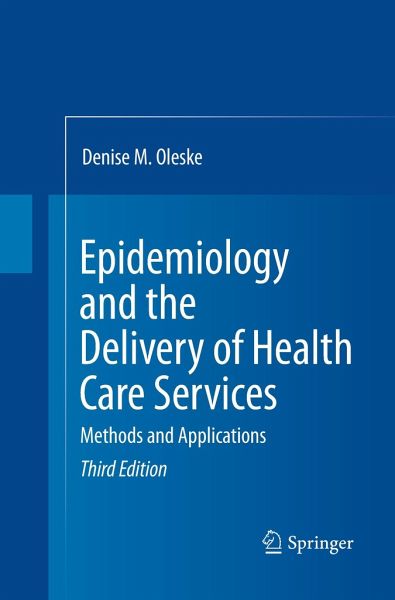
Epidemiology and the Delivery of Health Care Services
Methods and Applications
Versandkostenfrei!
Versandfertig in 6-10 Tagen
61,99 €
inkl. MwSt.
Weitere Ausgaben:

PAYBACK Punkte
31 °P sammeln!
As the obesity epidemic widens to all age groups and nations, chronic conditions increase in frequency, and populations grow in number, the costs of treatment will exhaust future health care resources. The only alternative is population-based m- agement emphasizing prevention, health promotion, and environmental modifi- tions. Dissemination of information on risk factors derived from epidemiologic studies to evoke individual, community, and policy change is a strategy in suppo- ing this approach. Complementing this needs to be health care services based upon the knowledge and application of ep...
As the obesity epidemic widens to all age groups and nations, chronic conditions increase in frequency, and populations grow in number, the costs of treatment will exhaust future health care resources. The only alternative is population-based m- agement emphasizing prevention, health promotion, and environmental modifi- tions. Dissemination of information on risk factors derived from epidemiologic studies to evoke individual, community, and policy change is a strategy in suppo- ing this approach. Complementing this needs to be health care services based upon the knowledge and application of epidemiologic concepts and methods to achieve control of existing and emerging health problems given resource constraints and ethical considerations. While some of these health problems and their consequences are predictable and generally addressed by health systems, health care services need to address unpredictable exposures and events as well. Epidemiology also provides a framework for planning health services for unpredictable events such as natural and man-made disasters. This text focuses on the unique application of epidemiology to health care m- agement practice, regardless of the setting of that practice. This emerging discipline termed is "managerial epidemiology. " Managerial epidemiology draws from the traditional disciplines of public health, epidemiology, and health care management for improving the health of populations, be those in communities or served by health plans or systems.



